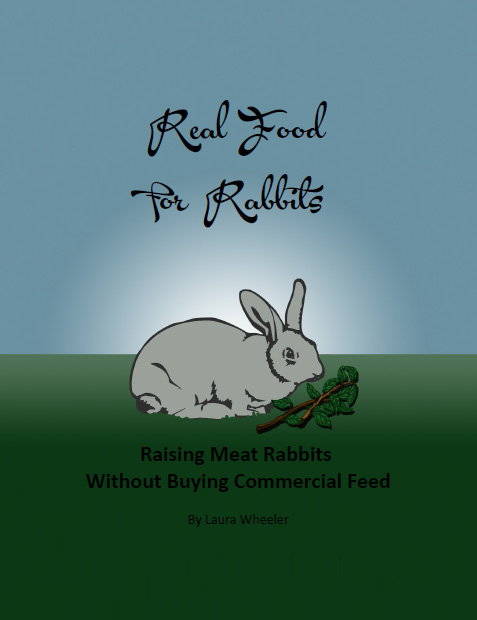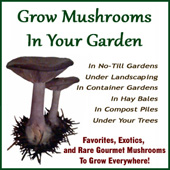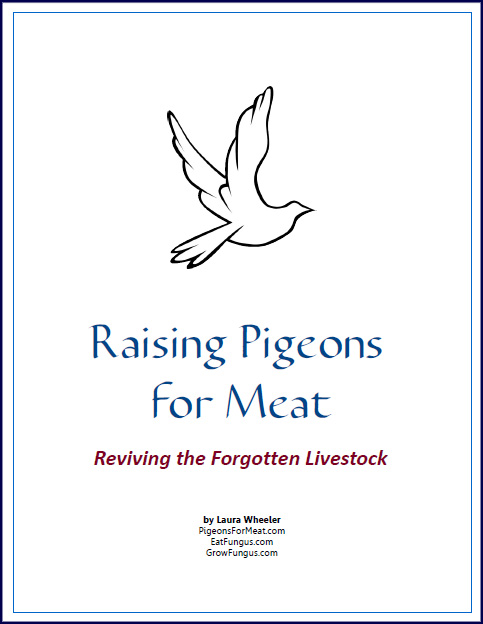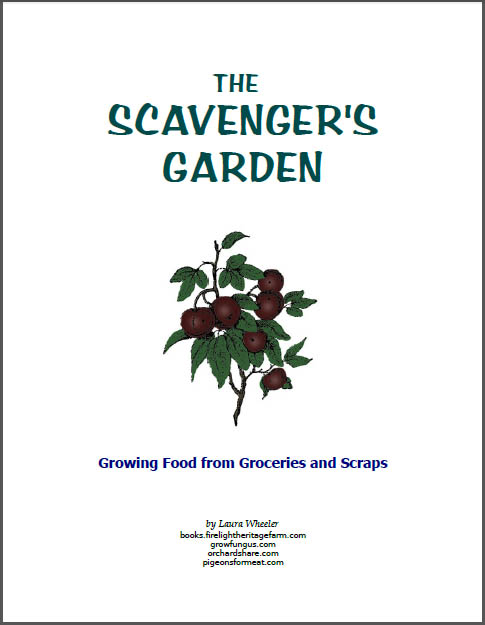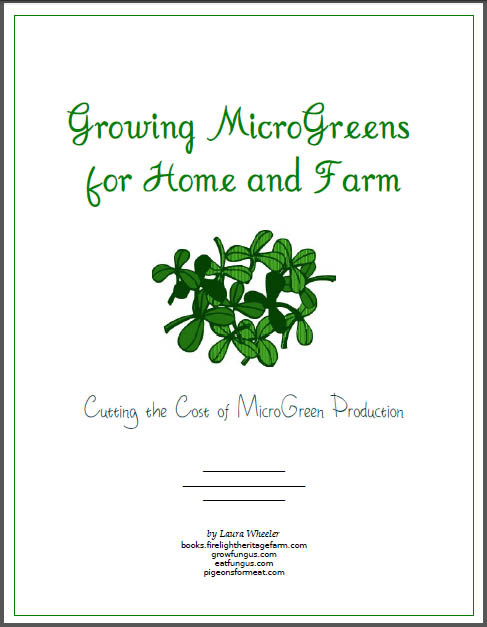 Click to Download Your Free Heritage Pickling and Culturing e-Book Now!
Click to Download Your Free Heritage Pickling and Culturing e-Book Now!
Instant Download, NO Registration Required!
How Do Plant and Seed Patents Affect You?
Increasingly, the plants we buy that are promised to be something really special, not only have a higher price tag, but have a hidden cost as well. The cost of plant patents.
If you purchase a plant that is patented, chances are royalties are being paid to the entity that developed the specific variety. The same is true of patented seeds - though most seeds that are patented are GMO, while plants may not always be (a few hybrids are patented).
Patents on plants may apply to root stock, cuttings, or full plants. Many plants with patents are grafted plants - perpetuated not by seed, but by cuttings, and grafted onto dwarfing root stock, or other root stock that gives disease resistance, cold tolerance or other characteristics.
In addition to a higher price, the patents place limitations on you, for what you can do with the plant or seed.
Generally, if a plant or seed is patented, you may NOT propagate it. You cannot save seed, and grow more of the same plant from the seed unless you contact the patent holder and negotiate a price for doing so. You may not root cuttings and sell them, or even share them with friends. And you cannot even save the seed and grow more for yourself.
This is one of the issues with GMO seeds - since they often cross breed with other plants, non-GMO plants may cross with GMO plants, and pick up the characteristic genetics that are patented.
As newer patented plants take the front line in some types of plants, older non-patented varieties are increasingly difficult to obtain. It is very much worth growing Open Pollinated "Heirloom" seeds, and in looking for plants that are not patented.
In general, a plant or seed that is patented MUST be labeled as such when it is sold, BUT, with online sales, you may not know it is patented until you get it home. The patent is only KNOWN if a label remains intact, and if you know of the existence of the label prior to purchase.
And therein lies one of the greatest dangers in plant patents - potentially a reason for legal challenge in the future. You may receive a gift, or purchase a property with plants already on it, and the plants may be patented. If they are unlabeled, you have know way of knowing this, unless they are genetically identified as a patented plant. You risk breaking a law, never knowing you are doing so, if you share a cutting of a plant from your back yard and you are not aware of the origins of that plant! This doesn't apply, of course, to old trees and bushes, because plant patents are a relatively new thing.
By law, to enforce a patent, an item must be labeled as having a patent pending. Plants cannot be permanently labeled.
The real risk is for people who root plants from cuttings to propagate them for sale at a Farmer's Market or through a website.
And the lesson is simple: Don't sell anything unless you know its origins. Otherwise someone may come after you for something you were entirely unaware of.
